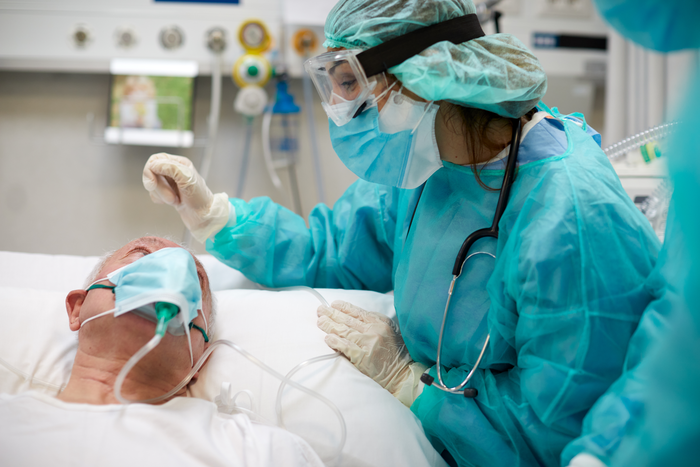‘Errant’ Human DNA can be Found Everywhere, Posing an Ethical Dilemma

Researchers report in Nature Ecology and Evolution that human DNA traces can be found nearly everywhere, short of isolated islands and remote mountaintops. That ubiquity is both a scientific boon and an ethical dilemma, say the University of Florida researchers who sequenced this ‘errant’ DNA. The DNA was of such high quality that the scientists could identify mutations associated with disease and determine the genetic ancestry of nearby populations. They could even match genetic information to individual participants who had volunteered to have their errant DNA recovered.
David Duffy, the UF professor of wildlife disease genomics who led the project, says that ethically handled environmental DNA samples could benefit fields from medicine and environmental science to archaeology and criminal forensics. For example, researchers could track cancer mutations from wastewater or spot undiscovered archaeological sites by checking for hidden human DNA. Or detectives could identify suspects from the DNA floating in the air of a crime scene.
But this level of personal information must be handled extremely carefully. Now, scientists and regulators must grapple with the ethical dilemmas inherent in accidentally — or intentionally — sweeping up human genetic information, not from blood samples but from a scoop of sand, a vial of water or a person’s breath.
The paper by Duffy’s group outlines the relative ease of collecting human DNA nearly everywhere they looked.
“We’ve been consistently surprised throughout this project at how much human DNA we find and the quality of that DNA,” Duffy said. “In most cases the quality is almost equivalent to if you took a sample from a person.”
Because of the ability to potentially identify individuals, the researchers say that ethical guardrails are necessary for this kind of research. The study was conducted with approval from the institutional review board of UF, which ensures that ethical guidelines are adhered to during research studies.
“It’s standard in science to make these sequences publicly available. But that also means if you don’t screen out human information, anyone can come along and harvest this information,” Duffy said. “That raises issues around consent. Do you need to get consent to take those samples? Or institute some controls to remove human information?”
Duffy’s team at UF’s Whitney Laboratory for Marine Bioscience and Sea Turtle Hospital has successfully used environmental DNA, or eDNA, to study endangered sea turtles and the viral cancers they are susceptible to. They’ve plucked useful DNA out of turtle tracks in the sand, greatly accelerating their research program.
The scientists knew that human eDNA would end up in their turtle samples and probably many other places they looked. With modern genetic sequencing technology, it’s now straightforward to sequence the DNA of every organism in an environmental sample. The questions were how much human DNA there would be and whether it was intact enough to harbor useful information.
The team found quality human DNA in the ocean and rivers surrounding the Whitney Lab, both near town and far from human settlement, as well as in sand from isolated beaches. In a test facilitated by the National Park Service, the researchers traveled to part of a remote island never visited by people. It was free of human DNA, as expected. But they were able to retrieve DNA from voluntary participants’ footprints in the sand and could sequence parts of their genomes, with permission from the anonymous participants.
Duffy also tested the technique in his native Ireland. Tracing along a river that winds through town on its way to the ocean, Duffy found human DNA everywhere but the remote mountain stream where the river starts, far from civilization.
The scientists also collected room air samples from a veterinary hospital. They recovered DNA matching the staff, the animal patient and common animal viruses.
Now that it’s clear human eDNA can be readily sampled, Duffy says it’s time for policymakers and scientific communities to take issues around consent and privacy seriously and balance them against the possible benefits of studying this errant DNA.
“Any time we make a technological advance, there are beneficial things that the technology can be used for and concerning things that the technology can be used for. It’s no different here,” Duffy said. “These are issues we are trying to raise early so policy makers and society have time to develop regulations.”
Source: University of Florida







